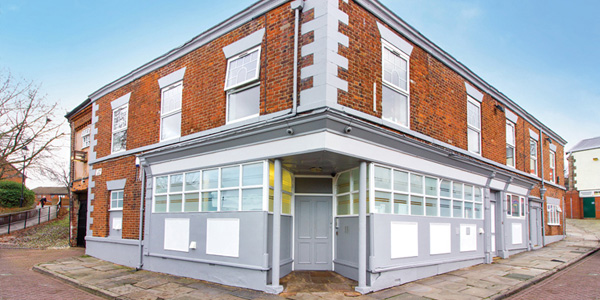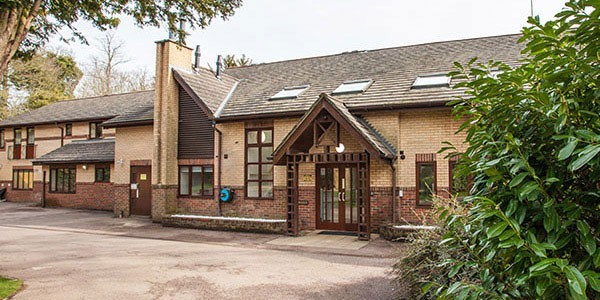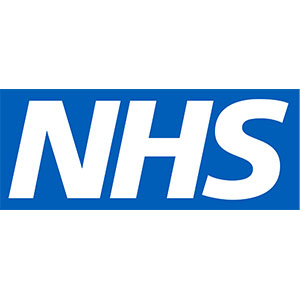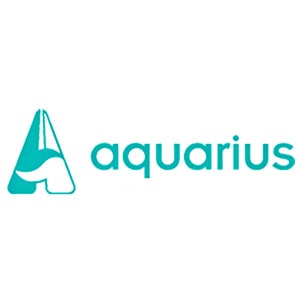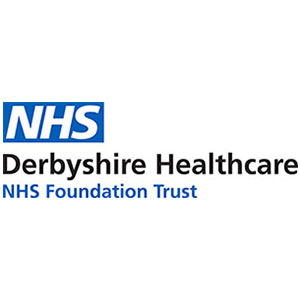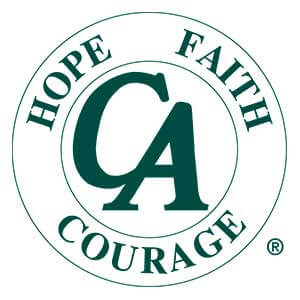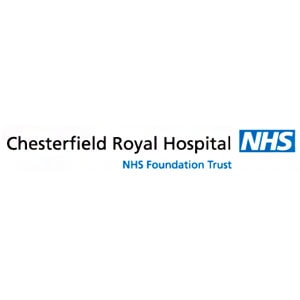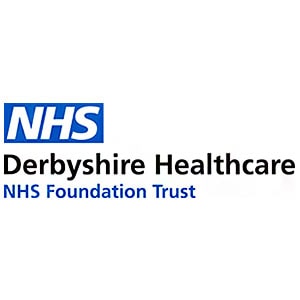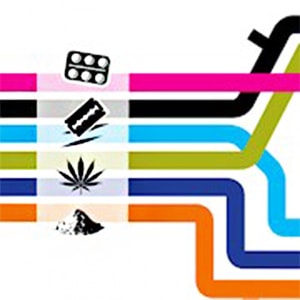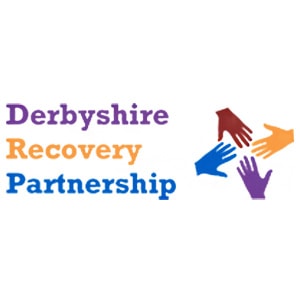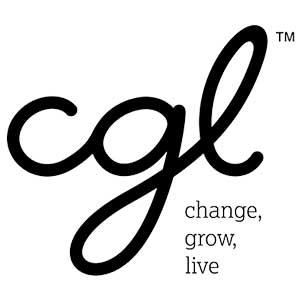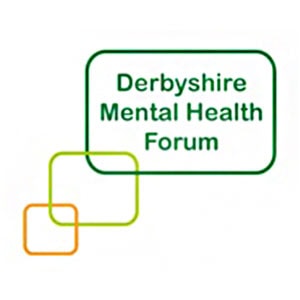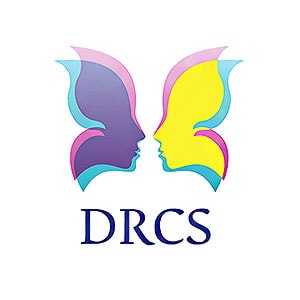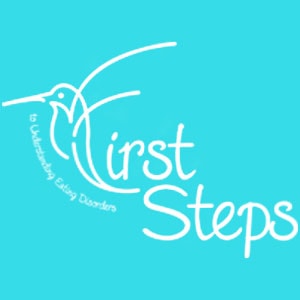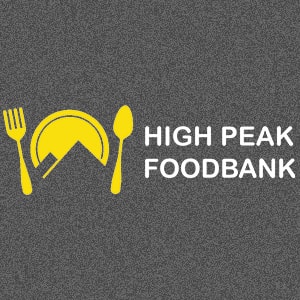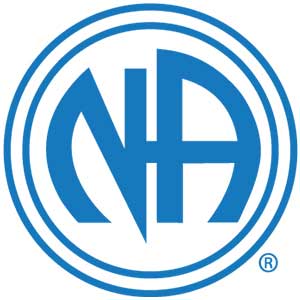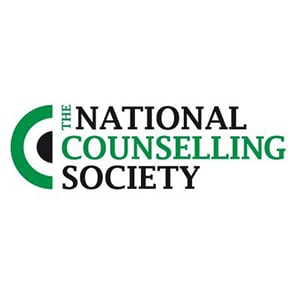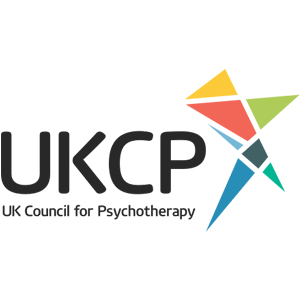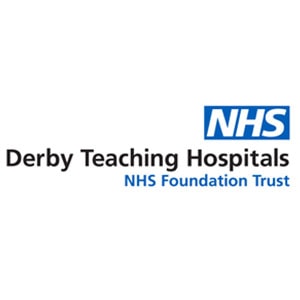Getting help for Addiction & Substance Abuse in Whaley-Bridge
Breaking free from drug or alcohol addiction involves eliminating physical and psychological dependence and addressing the harmful behavioural issues that initially lead to addiction. Attempting to stop using drugs without any type of professional assistance can be very difficult and sometimes dangerous where physical dependence has evolved. All forms of alcoholism and drug addiction affect physical and mental health. Frequently it is the behavioural aspects of an addiction that are most apparent and troubling for friends and family.
For rehab to succeed, the individual must commit to deep, behavioural changes whilst in treatment. The success rates of recovery depend entirely on the individual’s willingness and commitment to such changes. In Whaley-Bridge, a good rehab facility should have tailored treatment which includes a comprehensive screening process. The facility should customise the treatment plan to the needs of each individual, with their progress being regularly monitored throughout the programme.
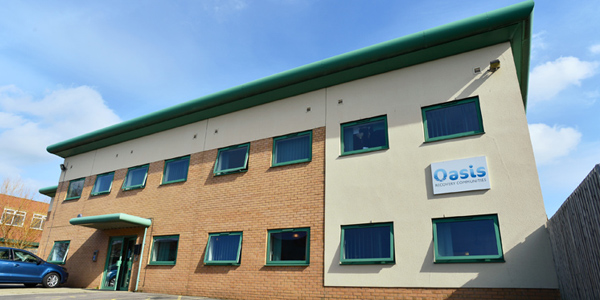
Oasis Bradford was built in 2009, originally commissioned by the Department…
- Private
- 24/7 Nursing
- 24/7 nursing
- Residential
UKAT Rehabs
Oasis Runcorn is a detox and rehab unit offering a unique combination of tw…
Banbury Lodge is a leading CQC approved detox, rehab and therapy clinic for…
Liberty House Clinic is a fully furbished detox and rehabilitation facility…
Finding Treatment Options near Derbyshire
-
Alcohol addiction – support for family and friends: Angels0 review
- Outpatient
-
St Andrews House, 201 London Road, Derby, Derbyshire, DE1 2TZ0 review
- Outpatient
- Load More
-
St Andrew House, 201 London Road, Derby, Derbyshire, DE1 2TZ0 review
- Outpatient
-
- Outpatient
-
Bankgate Resource Centre, Unit 13-15 Rinkway Industrial Estates, Rink Drive, Swadlincote, Derbyshire DE11 8JL0 review
- Substance Misuse
- Free
- Outpatient
- Counselling
-
- 12 Step
- Group Setting
- Free
- Outpatient
-
- 12 Step
- Group Setting
- Free
- Outpatient
-
- Disabilities
- Mental Health
- Free
- Outpatient
-
- Disabilities
- Mental Health
- Free
- Outpatient
-
- Disabilities
- Mental Health
- Free
- Outpatient
-
DAAS, First Floor Dents Chambers
81 New Square
CHESTERFIELD, S40 1AH0 review- Disabilities
- Mental Health
- Free
- Outpatient
-
- Disabilities
- Mental Health
- Free
- Outpatient
-
Office 58
Derby West Business Centre
Ashbourne Road
Derby
DE22 4NB0 review- Disabilities
- Mental Health
- Free
- Outpatient
-
First Floor Dents Chambers
81 New Square
CHESTERFIELD
S40 1AH0 review- Disabilities
- Mental Health
- Free
- Outpatient
-
Derby Office
Probate House
37&38 St Marys Gate, Derby
DE1 3JZ United Kingdom0 review- Disabilities
- Mental Health
- Free
- Outpatient
-
- Disabilities
- Mental Health
- Free
- Outpatient
-
- Disabilities
- Mental Health
- Free
- Outpatient
-
High Peak Foodbank
C/O United Reformed Church
Hardwick Square East
Buxton SK17 6PT0 review- Disabilities
- Mental Health
- Free
- Outpatient
-
- Disabilities
- Mental Health
- Free
- Outpatient
-
Hope Springs Recovery Centre
Springwell House
Newbold Road
Chesterfield
Derbyshire
S41 7PS0 review- 12 Step
- Group Setting
- Free
- Outpatient
-
Hope Springs Recovery Centre
Springwell House
Newbold Road
Chesterfield
Derbyshire
S41 7PB0 review- 12 Step
- Group Setting
- Free
- Outpatient
-
0 review
- Outpatient Option
- Private
- One to One
- Outpatient
-
0 review
- Outpatient Option
- Private
- One to One
- Outpatient
-
- Outpatient Option
- Private
- One to One
- Outpatient
-
Derbyshire Federation for Mental Health
Unit 7
Lime Tree Business Park
Lime Tree Road
Matlock
Derbyshire
DE4 3EJ0 review- Outpatient Option
- Private
- One to One
- Outpatient
- Load More
Drug & Alcohol Rehab Services in Derbyshire
- A
- B
- C
- D
- E
- F
- G
- H
- I
- J
- K
- L
- M
- N
- O
- P
- Q
- R
- S
- T
- U
- V
- W
- X
- Y
- Z

How Does Rehab Work
Individuals are treated on a one-to-one and group basis, and receive a customised treatment and recovery programme to fully address their specific needs. Certified psychiatrists should carry out a psychiatric evaluation. A rehab programme should involve a team of addiction and mental health specialists, and medical staff, as well as spiritual counsellors, and wellness specialists.
When it comes to rehab choices, inpatient residential rehab and outpatient programmes are the two distinct options available in the UK. Inpatient residential rehab is not usually offered on the NHS, whereas outpatient programmes are available throughout Whaley-Bridge on a self-referral basis. Inpatient residential rehab has significant advantages over outpatient programmes. For example, in inpatient rehab the individual is provided an enclosed environment, away from any temptations. This allows the individual the opportunity to detox from alcohol as safely as possible.
What Happens During Alcohol and Drug Rehab in Whaley-Bridge
Rehab equips individuals with tools that enable them to live meaning lives without the need for alcohol or any other substances. Qualified professionals foster an environment that is caring, compassionate, and supportive, so that individuals can begin the healing process towards long-term recovery. However, residential programs vary widely and a person struggling with drug or alcohol dependency will not always know what the ideal residential treatment program looks like. It is imperative that before choosing a residential programme, you understand what is offered in terms of aftercare and treatment options. All strong rehab programmes should consist of group therapy, family therapy, and individual therapy. The treatment centre should have medical staff on standby to help individuals through the detox phase, and address any concerns they may have regarding psychotherapy and detox medication.
Residential programmes should give free aftercare as part of all good programmes, and should agree to regular sessions to aid long-term recovery. All rehab facilities in the UK must be registered with the Care Quality Commission (CQC). The CQC provide a rating of each individual rehab ranging from “Inadequate” to “Outstanding”. To understand how well a rehab is performing, the CQC website is a good place to start, as this will identify any potential issues with an individual facility.
Addiction Therapy & Treatment Options in Whaley-Bridge
When making enquiries, ask about the therapy programmes available to you. All good rehabs should have a few different therapeutic models to help those with psychological issues. If existing mental health conditions are present, it would be worth asking the centre if they specialise in treating patients with dual-diagnosis. Dual-diagnosis is where the patient has both mental health conditions and addictions, which often require a specialised treatment plan.
A good rehab centre therefore, should be licensed to treat both addiction and mental health disorders – with the expertise to treat substance disorders without hindering on the state of any existing mental health problems (such as bipolar or depression). Where dual diagnosis is involved, a range of factors need to be taken into consideration for the well-being of the individual – such as re-assessing the use of current psychiatric medication as well as therapy undergone before rehabilitation. The first part of rehab is detox. Detox works to eliminate any mind-altering substances left in the body before the individual can start psychological treatment.
Medical Alcohol and Drug Detox
Detox is a treatment used to stop the psychological and physical addiction resulting from drug and alcohol misuse. A medical detox uses detox medication to help individuals get through the worst of withdrawal safely, by reducing cravings and eliminating any dangerous symptoms that may result from sudden withdrawal. Detox medication is usually confined to those who are dependent on alcohol, benzodiazepines, opiates, and barbiturates. Detox medication is often not necessary for treating other substance dependencies.
Medical professionals will assess whether a medically-assisted detox is needed, with special considerations around the individuals existing mental health conditions and other needs. It is recommended that the detox phase takes place within a residential setting, so that withdrawal symptoms and health complications can be monitored by medical professionals.

Therapy for Alcohol and Drug Addiction
After completing detox the individual will begin the rehabilitation phase. Clinicians focus on person centered treatment utilising a wide variety of therapeutic models. Usually one-to-one sessions utilise psychotherapy in the form of Dialectical Behavioural Therapy (DBT) and Cognitive Behavioural Therapy (CBT), amongst others. Group sessions should also take the form of talking therapies, but may also include different forms of psychotherapy such as Art Therapy, Meditation, and Drama Therapy. The aim is to provide the optimal environment that allows the individual to explore new ways of thinking, bond with peers and seek healthy, rewarding stimuli without the need for drugs or alcohol.
Cost of Alcohol and Drug Rehab
A large portion of the overall cost of rehab is from Detox, as well as the length of stay and services provided. Other things to consider include amenities and location. Inpatient rehab centres typically charge £5000 – £10000 for a 30-day treatment. Cost should not be a barrier to seeking addiction treatment, as often the longer-term cost of maintaining an addiction is far greater.
Consider how much you spend to maintain your drug habit and the cost of the health issues associated with substance abuse. Private insurance can sometimes be accepted by rehabs, but you must make sure your insurance provider covers addiction treatment.
How Long is Rehab?
The length of stay can change depending on the circumstances of the individual, although inpatient programmes typically range from 14 days up to 90 days. Extended rehab programmes have been shown to , so it may be that longer rehab programmes are a better choice.
Occasionally inpatient rehabs offer “detox only” options – but detox alone rarely treats the underlying causes of addictions, therefore uk-rehab does not endorse this option. Consider a 60-90 day programme for increased recovery. This will allow more time to adjust to a substance free life, and for the therapy to have a long-lasting impact on emotional and spiritual well-being.
Nearest CQC Registered Rehab to Whaley-Bridge
The closest rehab clinic we recommend near Whaley-Bridge is the CQC-registered Oasis Bradford. This Rehab provides a comprehensive addiction treatment programme for alcohol and drug related addictions, has a good/outstanding CQC rating, offers treatment plans for mental health conditions, and has a year of free aftercare available for both the individual and their families.
If you are looking for addiction treatment in another location, UK-Rehab provide several rehab facilities throughout the UK, all of which provide the same high standard of service and expertise.
For more information about UK-Rehab, feel free to speak to their addiction specialists on 02038 115 619.


